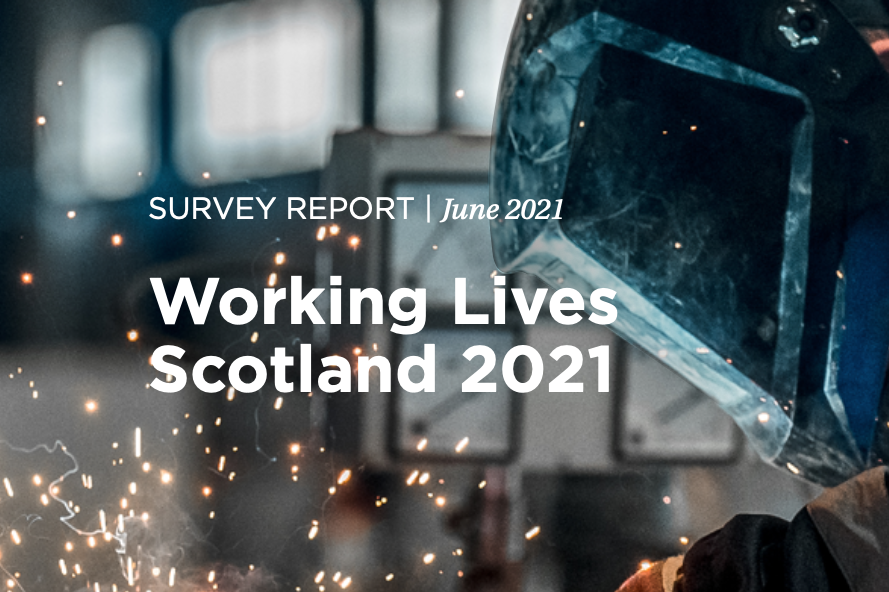Scotland’s tech sector is being encouraged to recruit neurodivergent talent by Skills Development Scotland to help plug the ever-growing skills gap. Here Lee Ann Panglea, head of CIPD (Chartered Institute of Personnel and Development) Scotland and Northern Ireland, talks about the importance of fair and quality work in that context.


The last 15 months have been extraordinary for all of us, but especially for the HR profession, which has been front and centre of navigating huge people and organisational challenges.
As we look towards the ‘new normal’, we must all learn the lessons from the pandemic and ensure that it is a catalyst for positive change. For that we need evidence and CIPD’s latest Working Lives Scotland report is the first contribution in this space.
Analysing the five dimensions of fair work – respect, security, opportunity, fulfilment and effective voice – Working Lives Scotland shines a light on job quality during the pandemic. And while the headline indicators have not radically changed, the report makes it clear that the underlying challenges it exposes – concerns over wellbeing, work-life balance or over-qualification – need addressed.
Nowhere is this more important than in the diversity and inclusion agenda. Unlocking opportunities for different groups of workers has the potential to bring benefits to both employees and employers. We know from past research that this applies to neurodivergent employees too – something we are delighted that SDS is doing more work on.
Of course, inclusion is intrinsically linked to a company’s culture. If neurodivergent individuals are to achieve their potential, they have to be surrounded by a culture that understands their needs. This can mean increased flexibility in working hours or location, but also addressing what we call psychological safety concerns. For example, Working Lives Scotland finds that a fifth of employees believe people in their team sometimes reject others for being different. Clearly such unfairness must be addressed.
The body of research showing the importance of job quality is growing every year. For sustainable growth we need to focus on creating better quality jobs, not just more jobs. Not only is job quality important to individual wellbeing, but it is linked to performance and productivity, which in turn affects business performance and economic prosperity.
As we slowly see the light at the end of the Covid-19 tunnel, improving job quality ticks all the boxes.
For more information about the support available for companies to recruit neurodivergent talent, visit SDS’ employer dedicated site Our Skills Force where you will also find more case studies to inspire you.





